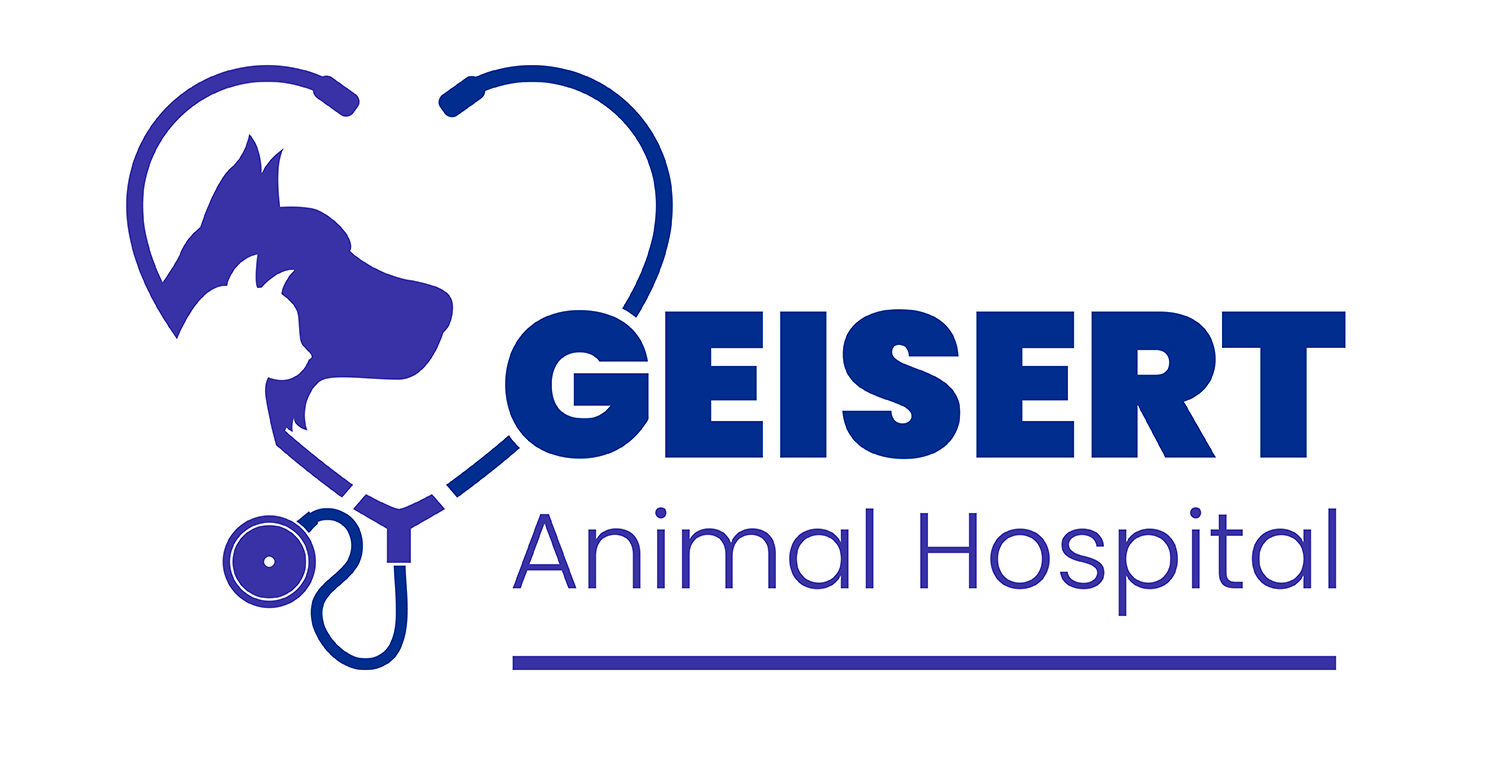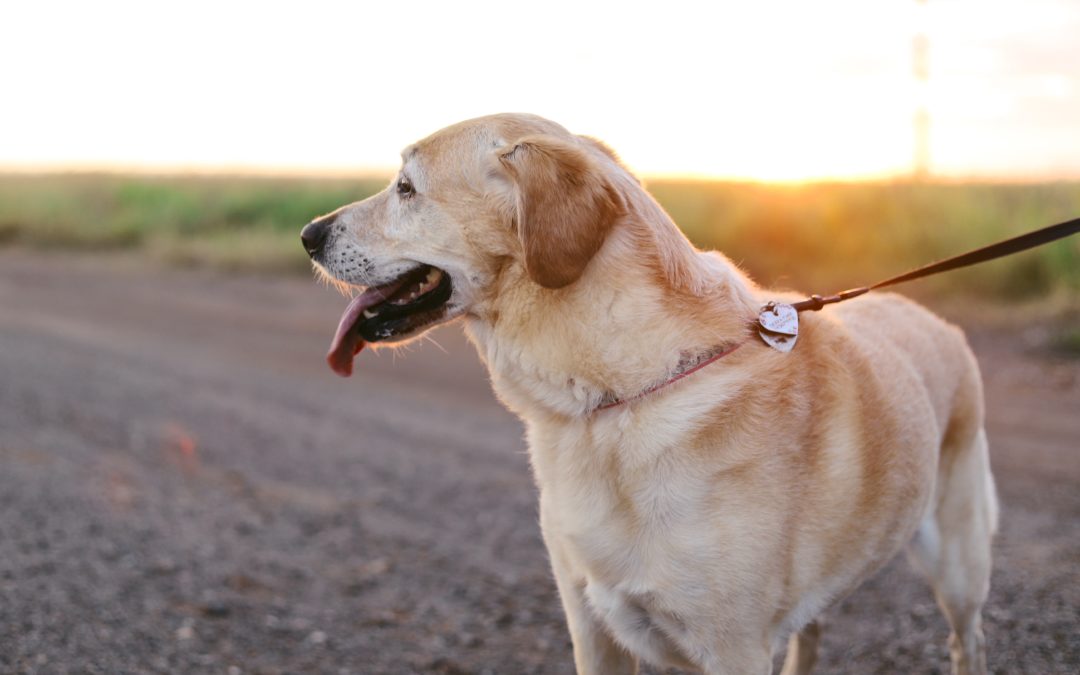As a pet owner, you’re likely aware of the many benefits that come with taking your pup for daily walks—from improved physical and mental health to getting some fresh air! But there are potential hazards that can be found on even the most leisurely walk. Whether it’s extreme weather conditions or creepy-crawlers, having an understanding of what dangers to look out for is key when it comes to keeping you and your four-legged friend safe. In this blog post we’ll cover several hazard tips to help ensure a safe and enjoyable outing every time.
#1: Other dogs
Running across another dog could spell disaster, especially if either dog is reactive and manages to slip their collar. Friendly, off-leash dogs can also be a danger because your pet can see them as a threat as they bound up to greet them. Keep a watchful eye out for other dogs, and monitor your pet’s body language to ensure they remain relaxed and calm when faced with another dog. If possible, steer clear of parks during busy times to avoid a potential altercation among a large pack of dogs.
#2: Traffic
When walking to a park, keep a sharp eye out for traffic, whether oncoming vehicles, bikes, or pedestrians. Ensure your pet stays close by your side to prevent accidents. A pet on an unlocked retractable or long leash can dart into traffic, clothesline a bicyclist, or wrap around passersby, or the leash may break if your dog lunges at a squirrel.
#3: Parasites
Fleas, ticks, mosquitoes, and intestinal parasites enjoy park habitats, especially since they are filled with their ideal victims. Protect your pet from internal and external parasites by administering preventives year-round and always checking from nose-to-tail for hidden bugs when you return home.
#4: Wildlife
As your dog follows their nose around the park, they likely will sniff out wildlife burrows, nests, and resting areas. While wild animals will typically run off when people and pets get close, some may protect their young, food source, or home and turn aggressive. Additionally, wild animals are often disease and parasite vectors, so they are best left undisturbed.
If you enjoy the outdoors with your pet, ensure they are protected from infectious diseases and parasites with regular preventive care. Give our team a call to schedule your pet’s wellness appointment.

